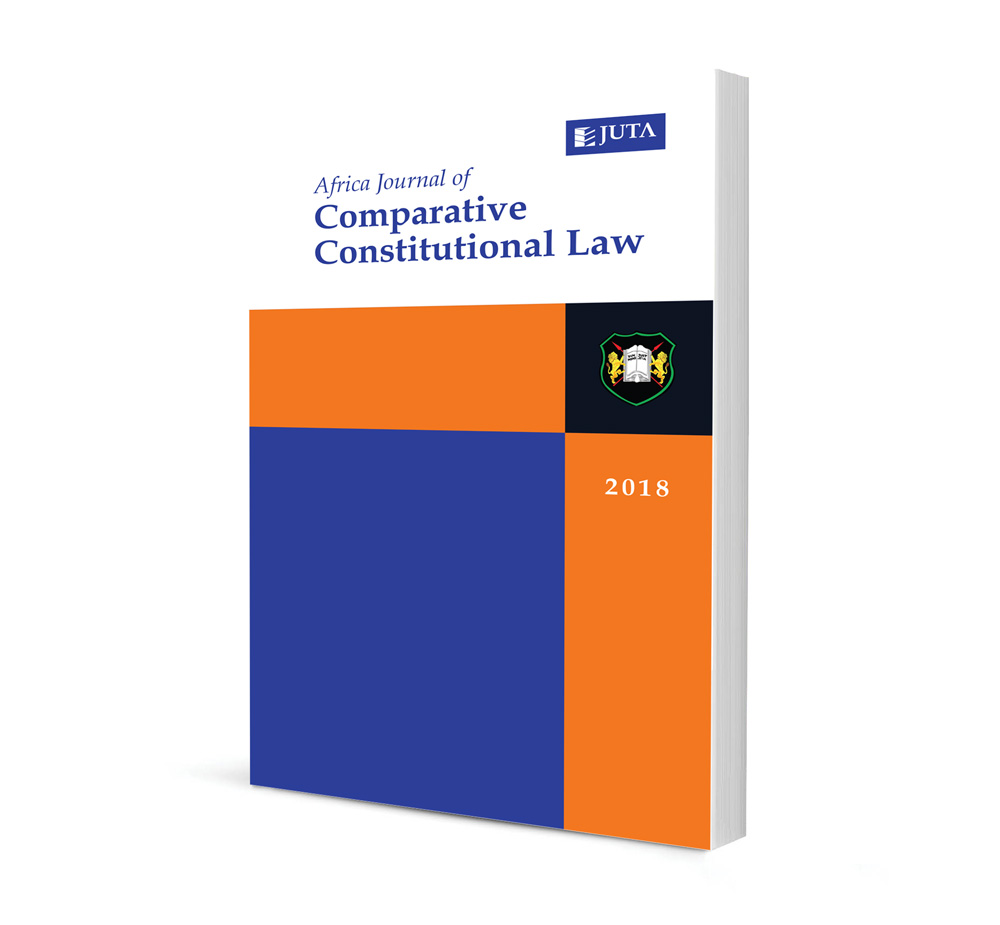
Presidential Petitions in Kenya: Have Decisions of the Supreme Court Met the Test of Constitutionalism?
Author: Moni Wekesa
ISSN: 2521-5434
Affiliations: Professor and Dean, Daystar University School of Law, Kenya
Source: Africa Journal of Comparative Constitutional Law, 2019, p. 55 – 76
Abstract
The Constitution of Kenya, 2010, stipulates that sovereignty lies with the people. This sovereignty can be exercised directly by the people through voting at periodic elections and referenda and indirectly through elected representatives, among others. Presidential elections in Kenya— as elsewhere in Africa—are usually hotly contested. Irregularities and illegalities are bound to occur. The Constitution of Kenya 2010 codified some rights, including those of the voter and the manner of conducting elections. The adjudication of presidential petitions was vested in the Supreme Court. Relevant enabling legislation and regulations have also been formulated. The Supreme Court has applied both the quantitative and qualitative tests in determining election petitions at different times. In the Presidential Election Petition of 2013, some of the issues canvassed revolved around whether there was a valid voters’ register and whether there were irregularities and if the illegalities observed were of a high enough threshold to affect the integrity of the election. The Supreme Court, applying the quantitative test determined that the election results would stand. However, in the 2017 Presidential Election Petition, the court, applying the qualitative test, deviated from its 2013 decision and nullified that election. The question that this article interrogates is whether the Supreme Court acted with constitutional fidelity in both these decisions. This article analyses the jurisprudence from the 2013 and 2017 decisions of the Supreme Court.